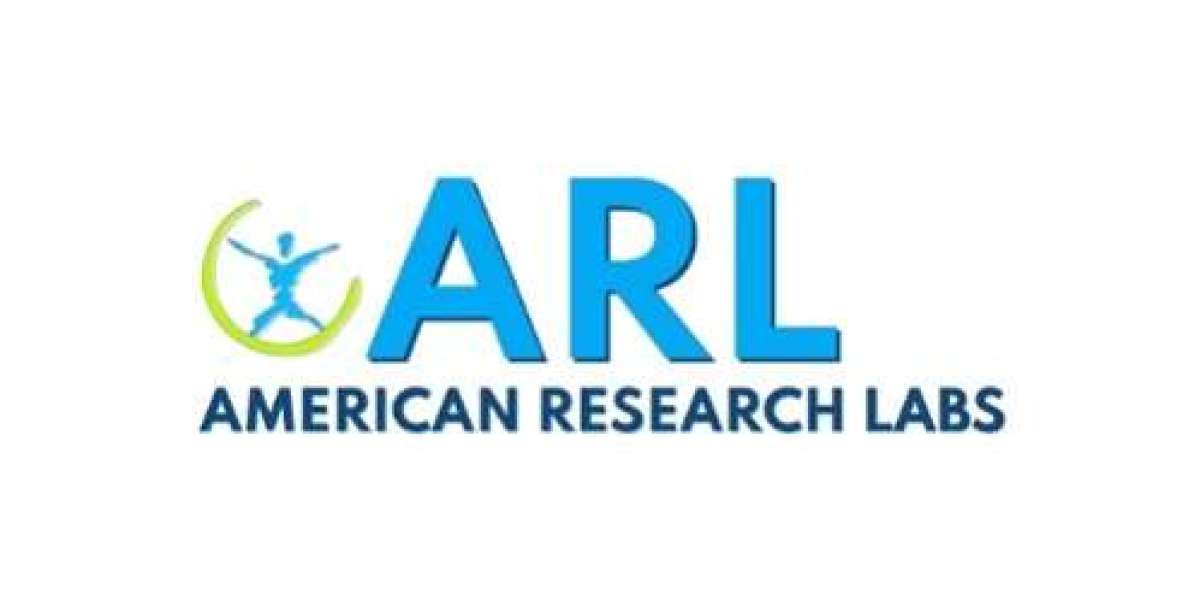Introduction
Nestled in the mineral-rich heart of eastern India, Jharkhand has long been known for its coal mines, steel plants, and dense forests. But a quiet revolution is brewing—not in the depths of the earth, but in the humble rice fields that span across the state. What was once discarded as waste husk is now emerging as a powerful economic and ecological resource. In this green transformation, rice husk suppliers in Jharkhand are playing a pivotal role.
This article explores the untapped potential of rice husk in Jharkhand, the growth of local suppliers, and how they’re contributing to both sustainable development and economic empowerment.
What is Rice Husk, and Why Does It Matter in Jharkhand?
Rice husk is the hard protective covering of rice grains removed during milling. Jharkhand, with its substantial rice production in districts like Palamu, Hazaribagh, Dumka, and Ranchi, generates thousands of tons of rice husk every year.
Traditionally considered waste or used in low-efficiency fuel burning, rice husk is now being repurposed as:
- Biofuel (pellets, briquettes)
- Construction material additive
- Organic soil conditioner (biochar)
- Silica source for industrial applications
Given the agricultural and industrial profile of Jharkhand, this small change is creating big ripples.
The Rise of Rice Husk Suppliers in Jharkhand
Jharkhand’s rice mill clusters and growing environmental awareness have created a new kind of entrepreneur: the rice husk supplier. These suppliers collect husk from mills, process it for industrial needs, and supply it to buyers in various sectors like:
- Cement kilns in Jharkhand and neighboring states
- Steel plants using biomass for furnaces
- Farmers and organic cooperatives seeking biochar
- Brick kilns and energy plants replacing coal with husk-based fuel
These suppliers are creating a circular economy, turning agricultural waste into a revenue-generating, eco-friendly commodity.
Unique Role of Rice Husk Suppliers in Jharkhand’s Economy
Creating Sustainable Rural Livelihoods
In districts like Gumla, Giridih, and Lohardaga, rice husk collection and distribution employ local laborers. Suppliers create jobs in:
- Husk collection and transport
- Drying, storage, and quality sorting
- Briquetting or pelletizing units
- Packaging and logistics
These micro-supply chains uplift rural communities while promoting sustainability.
Reducing Industrial Carbon Footprint
Major industries in Jharkhand, especially steel and cement plants, are under pressure to reduce their carbon emissions. Rice husk-based biofuel is a viable alternative to coal. Local suppliers are making it possible for large plants to source renewable fuel locally, reducing both carbon output and fuel transport costs.
Promoting Circular Agriculture
Suppliers working with local cooperatives and FPOs (Farmer Producer Organizations) are encouraging the use of rice husk biochar—a soil enhancer that improves fertility and carbon retention. This supports climate-smart agriculture, which is crucial in drought-prone regions of the state.
Empowering Tribal Entrepreneurs
Jharkhand’s tribal communities often have access to rice-producing lands but limited business exposure. Some rice husk suppliers are training tribal youth to start collection centers, set up briquetting machines, or create value-added products—empowering them economically while preserving their local knowledge systems.
Why Rice Husk is Jharkhand’s Untapped Green Resource
Despite being a top rice-producing state, Jharkhand has not fully leveraged its rice husk reserves. Here’s why this is changing:
- Environmental urgency: The need to reduce pollution from the open burning of rice husk.
- Government policies: Schemes like PM Kusum, MSME biomass subsidies, and carbon offset credits support green businesses.
- Low-cost input: Rice husk is abundantly available and cheap to source.
- High potential demand: Jharkhand’s energy-hungry industries are looking for affordable, sustainable fuel.
All this makes rice husk a green goldmine, especially when smartly managed by local suppliers.
Opportunities for New-Age Rice Husk Entrepreneurs in Jharkhand
If you’re an aspiring entrepreneur or agri-business enthusiast in Jharkhand, rice husk supply could be a game-changing venture. Here are some unique paths:
1. Rice Husk-Based Construction Products
Rice husk ash is a great additive for eco-bricks, fiberboards, and lightweight concrete. You could partner with startups or civil engineering firms in Ranchi or Jamshedpur to produce green construction materials.
2. Energy Startups with Biomass Boilers
You can supply rice husk briquettes to institutional energy users—schools, hotels, or agro-processing units—looking for an alternative to LPG or coal.
3. Organic Inputs for Farmers
Create blends of biochar + compost tailored for paddy fields or vegetable farms. Jharkhand’s push for organic agriculture means growing demand for natural soil enhancers.
4. Silica-Based Export Products
With proper processing, rice husk ash can be exported as silica powder for the paint, plastic, and refractory industries. This requires investment in refining tech but offers high returns.
Challenges for Rice Husk Suppliers in Jharkhand
Despite the promise, the sector faces several roadblocks:
- Lack of awareness: Many farmers and mill owners still burn husk or throw it away.
- Seasonal availability: Rice husk supply peaks post-harvest, requiring storage planning.
- Limited processing infrastructure: Pellet and briquette machines are scarce or costly.
- Transport bottlenecks: Husk’s low density makes transport expensive without compaction.
- Policy gaps: While national policies support the bioeconomy, local incentives for husk use are still evolving.
Solutions and the Road Ahead
To overcome these challenges and scale sustainably, rice husk suppliers in Jharkhand need:
- Government support for setting up processing units under the MSME or Startup schemes.
- Training programs for rural youth in the husk value chain management.
- Awareness campaigns among rice millers about monetizing their husk waste.
- Digital platforms for selling husk-based products across India.
- Cluster development in key rice-producing belts for shared infrastructure.
Jharkhand can even establish a “Biomass Innovation Hub” where rice husk suppliers, researchers, and startups co-create solutions for local and global markets.
Jharkhand’s Rice Husk Future: A Vision
Imagine a Jharkhand where:
- Every rice mill has a connected husk collection and processing center.
- Steel plants across eastern India source their green energy from local husk suppliers.
- Tribal women entrepreneurs create eco-packaging and construction products from husk ash.
- Farmers enrich their soil with biochar and reduce their fertilizer costs.
- Youth earn income not from mining, but from managing clean, green agri-waste.
This vision is not far-fetched—it’s already unfolding, one supplier at a time.
Note:- Purchase affordable rice husk ash in India
Conclusion
Jharkhand’s transformation into a biomass-driven green economy is gaining momentum, and rice husk suppliers are at the heart of it. They’re proving that with innovation, local resources, and eco-awareness, even agricultural by-products can become engines of growth.
From powering factories to enriching farms, from reducing emissions to creating jobs, rice husk in Jharkhand is more than waste—it’s a symbol of sustainable progress. For anyone looking to invest in the future of clean energy and circular agriculture, the time to connect with rice husk suppliers in Jharkhand is now.



